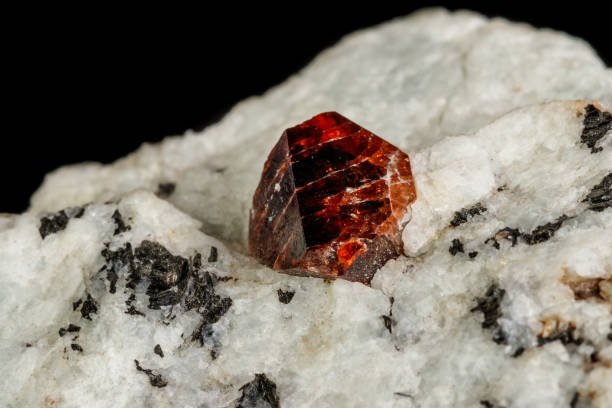Natural Zircon: Complete Guide for Trade, Jewelry, and Collections
This comprehensive guide provides everything you need to know about natural zircon, for trade partners, jewelers, and collectors alike.
Overview
Natural zircon is a zirconium silicate mineral that comes in a variety of colors, including blue, green, yellow, brown, and colorless. With a hardness of 6 to 7.5 on the Mohs scale, zircon is relatively durable and is often used in fine jewelry and decorative pieces. Its high refractive index and strong dispersion give it a brilliance that rivals diamonds, making it a popular alternative. Zircon has been used for centuries, often associated with protection and prosperity. Understanding its properties, sources, and market dynamics is crucial for anyone involved in its trade or collection.
Physical Properties and Specifications
Chemical Composition: ZrSiO₄ (zirconium silicate)
Hardness: 6 - 7.5 on the Mohs scale
Crystal System: Tetragonal
Refractive Index: 1.93 - 2.01
Specific Gravity: 4.6 - 4.7
Pleochroism: Present, showing different colors depending on the angle of view
Fluorescence: Generally inert, some may exhibit weak fluorescence
Cleavage/Fracture: Perfect cleavage in one direction, conchoidal fracture
Color and Quality Classifications
Available Color Ranges
Primary hues: Blue, green, yellow, brown, colorless
Secondary modifications: Light blue, golden yellow, reddish-brown
Tone and saturation ranges: Light to dark tones with varying saturation
Premium colors: Deep blue and vivid green
Commercial grades: Lighter shades and less saturated colors
Clarity Characteristics
Typical inclusion types: Liquid inclusions, gas bubbles, and color zoning
Clarity grading standards: Eye-clean to included
Source-specific features: Unique inclusions that may indicate origin
Eye-clean criteria: No visible inclusions to the naked eye
Source Locations and Material
Historic sources
Sri Lanka, Cambodia, and Thailand
Current production
Significant production is currently from Cambodia, Myanmar, and Australia.
Source-specific characteristics
Each location imparts distinct characteristics in color and clarity.
Production trends
Increasing demand for zircon has led to stable prices, especially for high-quality specimens.





